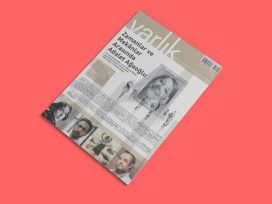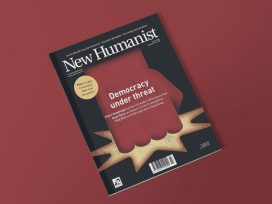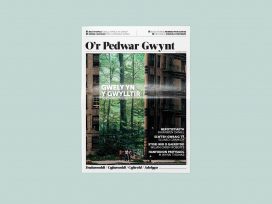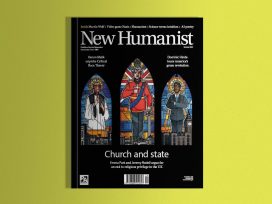In ‘New Humanist’, openDemocracy journalist Peter Geoghegan describes the Transatlantic networks channelling dark money into Europe’s nativist movements. Also: why the bike is the way forward – on pedal power and social change.
Geoghegan – investigations editor at openDemocracy and author of Democracy for Sale: Dark Money and Dirty Politics – describes how tens of millions of dollars have passed through Transatlantic networks to fund nativist movements in Europe. Over the past decade, entities such as the Koch Foundations, long a feature of the US scene, have pumped money into activities such as anti-abortion propaganda, anti-LGBTI+ campaigning and a range of disinfo platforms.
‘The depiction of figures like Salvini and Abascal as grassroots insurgents storming the citadel with little more than an internet connection and a nativist dream is compelling’, writes Geoghegan. ‘Certainly, this new generation of nationalists has tapped into a deep well of popular anger and frustration with the status quo. Their advance, however, is also undergirded by networks of dark money and hidden influence. Armies of digital supporters spread disinformation across the borderless internet. Electoral rules, where they exist, are there to be broken.’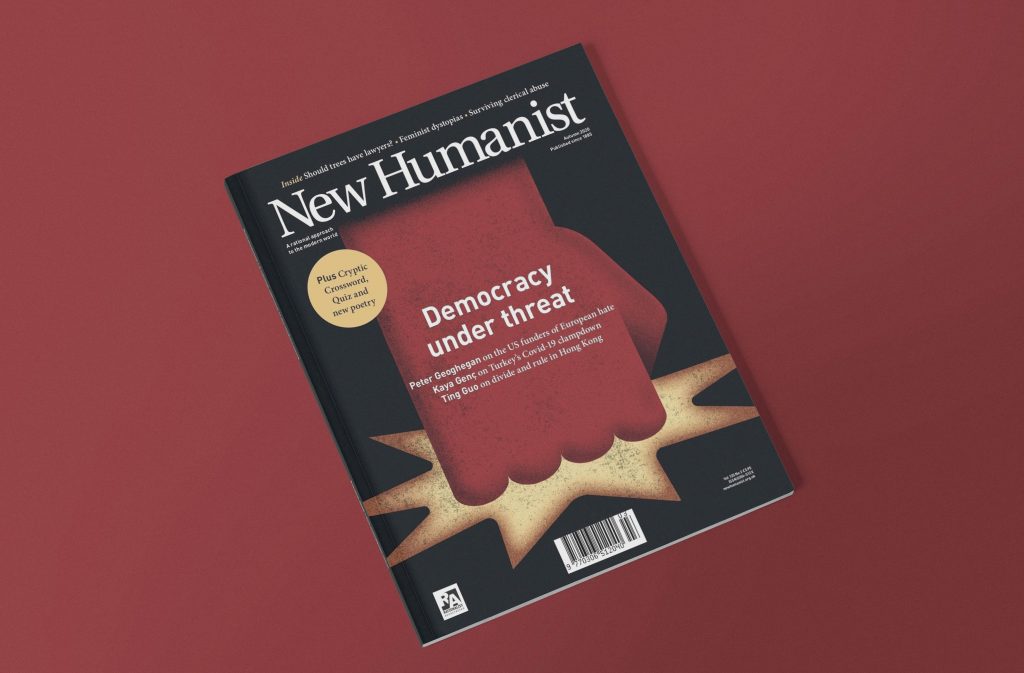
Bicycling for a change
Across Europe, bike-use has boomed during the pandemic, with many city governments investing heavily in cycle paths and even, in the case of Paris, subsidising repairs and e-bike purchases. As Emma Warren writes, ‘there’s a long and established link between the bicycle and moments of social change’. The bike was famously a symbol of suffragette movements in Europe as well of situationist movements of the 1960s; today, bicycle projects are being used in developing countries to combat poverty and pollution, and in richer countries to support refugees and homeless people. So, in the Age of Pandemic, what future role might the bicycle play?
‘It’s clear that the near-future is local, with a significant decrease in long journeys and international travel – at least until the arrival of a vaccine. Bicycles allow us to make the most of the space we have, so that we can still access medical care, employment opportunities or job centres. More than that, they have the capacity to offer a new approach to life.’
Also in the issue
Kaya Genç on the return of Turkey’s brutal auxiliary police force; Ting Guo on racial tensions in Hong Kong; Nicola Cutcher on legal rights for trees, rivers and mountains; Peter Salmon on Georges Canguilhem challenge to concepts health and disease; abuse survivor Cliff James reflects on receiving compensation from the Church; and David Wearing reviews two books on taking on Britain’s national myths.
This article is part of the 16/2020 Eurozine review. Click here to subscribe to our weekly newsletter to get updates on reviews and our latest publishing.
Published 9 September 2020
Original in English
First published by Eurozine
© Eurozine
PDF/PRINTNewsletter
Subscribe to know what’s worth thinking about.

